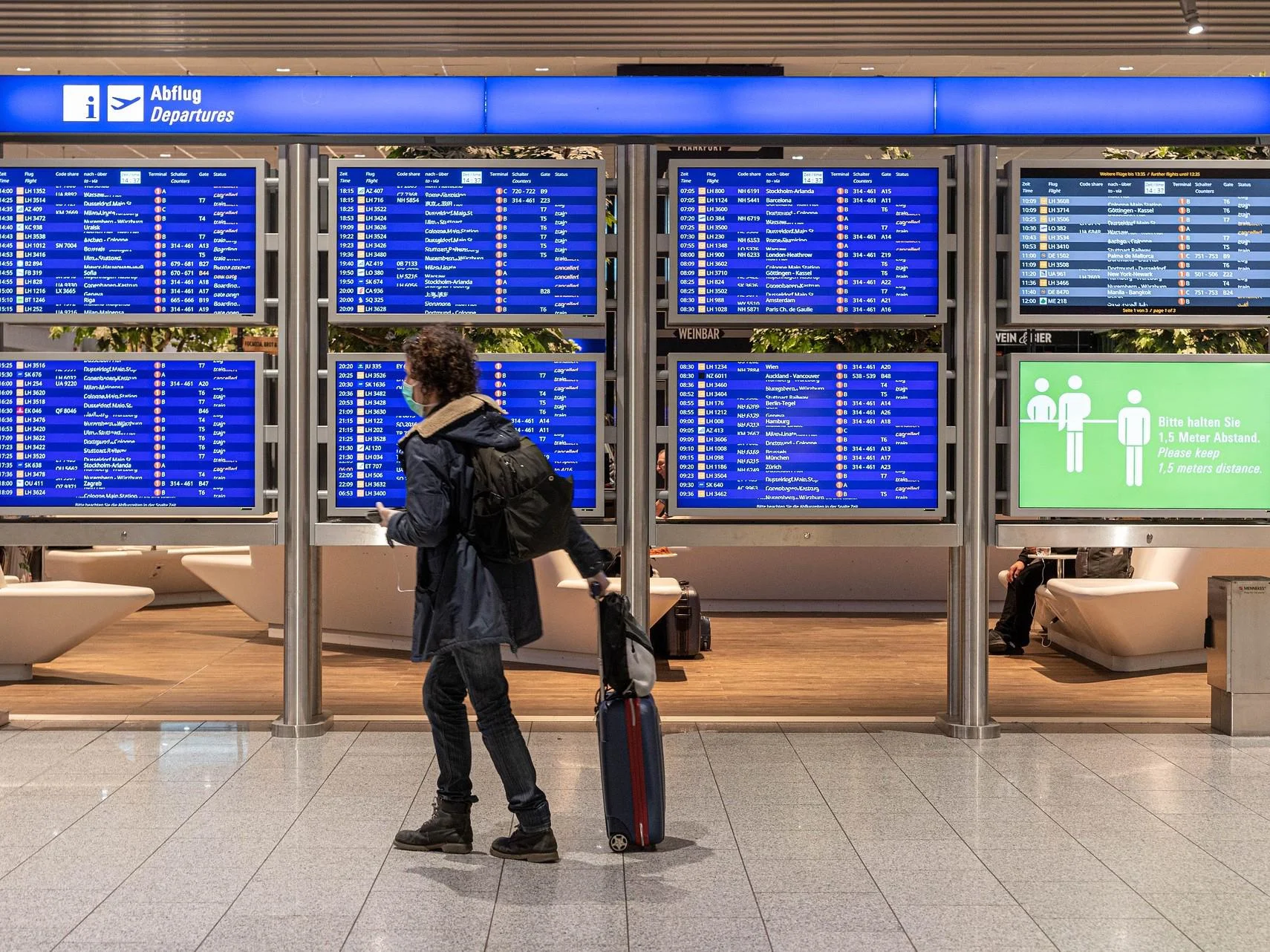2020 summer holiday period fuelled a second wave of COVID-19 infections in Germany

The 2020 summer school holiday period in Germany fuelled a rise in COVID-19 cases across the country, a new study from the London School of Economics and Political Science (LSE) and the Vienna University of Economics and Business has shown.
The report, published in the Journal of Public Health, is the first to demonstrate the relationship between the holiday period and an increase in COVID-19 infections in Germany’s 401 local authority districts. Across the country as a whole, case rates went from around 500 a day in July 2020 to approximately 2000 new daily cases by the end of September.
The study shows that the incidence rate was about 45 per cent higher on average in German districts toward the end of their respective holiday period. These findings could have significant implications for international travel planning and policy in other countries, such as the UK.
In carrying out the study, the researchers exploited a particular feature of Germany where school holidays are spread over an extended period across the 16 states of the country, rather than scheduled during the same time period. In 2020, the summer school holiday period for Germany was spread over almost 13 weeks from June to September.
This staggering of holidays allowed the researchers to better identify the impact of the summer holiday period on infection rates in districts located in states that were on holiday and disentangle this effect from the general upward trend in infections over the summer.
The researchers also found that incidence rates tended to increase more significantly over the summer school holiday period in richer states and in those with a higher proportion of foreign residents - both likely contributors to more holiday-related travel.
With ongoing discussions about resuming international travel this summer, this study provides an important insight into the impact of travel on infection rates.
Commenting on the findings, paper co-author Professor Eric Neumayer from the Department of Geography and Environment at LSE said: "There was much media speculation in Germany and elsewhere on whether the 2020 summer holiday period fuelled the second wave of infections in Europe. Ours is the first rigorous academic study to demonstrate that this was indeed the case. Public health authorities were shockingly unprepared for what was an entirely predictable rise in infections due to the summer holiday period.
"While the vaccine roll-out will continue to reduce case numbers in the UK, public health authorities must prepare for an increase in infections now that domestic holidaying has resumed, albeit with restrictions, and if international holiday travel is reinstated later in the year.
"The problem with holidaying, both within a country and going abroad, is that people change their behaviour, become more sociable and meet and interact with many more strangers which renders contact tracing more difficult."